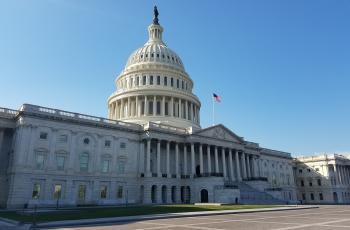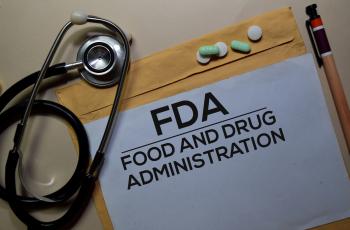Narrow Pass! The Cook County Soda Tax and Why It Matters
Today, Cook County, Illinois joined the four cities that approved taxes on sugar-sweetened beverages earlier this week, implementing a penny-per-ounce tax on soda, sports drinks, and similar beverages.
Oakland, San Francisco, and Albany, CA as well as Boulder, CO approved soda taxes on Tuesday, joining the pioneer cities of Berkeley, CA and Philadelphia, PA. This victory, in many ways, is the biggest deal yet. Cook County has 5.2 million residents, two million more than the other six cities combined.
When Berkeley passed the nation’s first soda tax in 2014, many people argued that the effort couldn’t be widely replicated. Berkeley, after all, is a relatively small, affluent, and health-conscious community. It’s not that hard to pass a soda tax in a place where not that many people drink soda to begin with. But now we’ve seen large metropolitan areas with diverse populations, most notably Chicago and Philadelphia, show that they, too, can take action.
Yesterday, I called on Cook County’s Board of Commissioners to put health first, and to elevate this public health mission to a new level. They did exactly that, but only by a whisker. The Board of Commissioners ended up in a 9-8 vote, with Board President Toni Preckwinkle, who proposed the tax in the first place, casting the tie-breaking vote.
Over 100 speakers were on the agenda of the public hearing that preceded the vote. The majority of these speakers advocated against the tax, although there were many passionate and well-spoken arguments in favor as well. Here are a few of the biggest lessons we learned from the hearing and the tight vote that followed:
- The beverage industry is smart and well organized in its resistance to soda taxes. Speakers representing the beverage industry were ready for the task at hand. They spoke well, kept within time limits, and tugged on heartstrings. The individual statements wove together into a broader narrative arguing that a soda tax would cost jobs, especially among Cook County’s most vulnerable populations. If other places hope to implement soda taxes, they need to be prepared to face increasing pushback from beverage companies.
- Soda taxes need to be proactive, positive measures, not just tools to solve other problems. The timing of the Cook County soda tax was partly the result of a significant county budget deficit for the upcoming fiscal year. Soda taxes are more than just a way out of debt. The revenue from the tax can, of course, be applied to a variety of programs and interventions. But soda taxes, first and foremost, are a cost-effetive way to make a real impact on health, decreasing the burden of type 2 diabetes and obesity on the healthcare system. Soda tax campaigns should be proactive measures to make people healthier, not just tools to raise revenue.
- We need to take the “regressive tax” argument seriously, and use soda tax revenues to increase access to healthier alternatives. A central anti-soda tax argument has been that it will function as a regressive tax, hurting low-income families the most. As I have said before, if sugar is the most affordable source of calories for low-income families, we have a much bigger problem than just taxes. After all, type 2 diabetes is, in many respects, a regressive disease, disproportionately impacting vulnerable communities. For many, healthy food is difficult or even impossible to afford. It’s crucial that soda taxes address this problem, rather than adding to it. The revenues raised should be used to strengthen school nutrition programs, subsidize healthy options, and eliminate food deserts.
- Momentum will matter as the soda tax movement continues. As these cities and counties implement new soda taxes, others will be more likely to follow the trend. But this isn’t just a matter of peer pressure. Now that some of America's biggest cities are implementing soda taxes, we can start gaining real data on the results in the coming years. We recently saw some astonishing numbers from Mexico, where a national soda tax has decreased consumption by 12%. Models predict Mexico’s tax will save 18,900 lives and almost $1 billion over the next 10 years. So far though, the only information on soda taxes in the U.S. has been from Berkeley. While Berkeley’s results are promising, it is a relatively small city. Strong results from Philadelphia, Chicago, and the Bay Area, will strengthen the evidence that soda taxes can make populations healthier, decrease the consumption of excess sugar, and ultimately prevent obesity and type 2 diabetes.
While we wait to see the impact of these new soda taxes, I can’t help but feel that this is already a success. Only Berkeley’s soda tax campaign succeeded in 2014, while similar efforts failed in over a dozen other cities and states. Just two years later, we have seen six successful campaigns, including in some of the country’s biggest cities. The toxic food environment is finally getting some attention on the national stage, and this alone is a victory for public health. Today, I am proud of Cook County, and I can’t wait to watch this movement grow.


